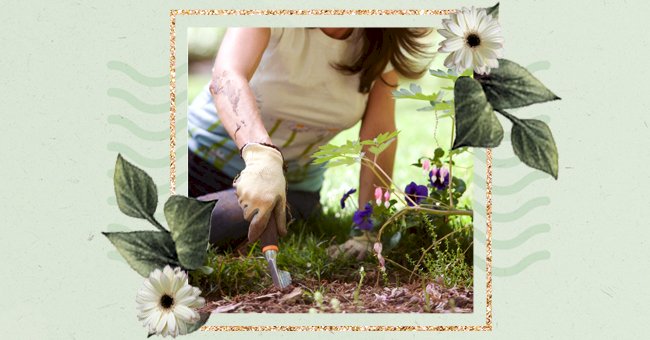
A Guide To Preparing Your Garden for the Summer
Summer is just around the corner, and if you're busy in your garden, here are a few essentials to prepare your garden for the hottest season of the year.
Gardening works like therapy to some people. It's easy to understand why — the reward to harvest vegetables or beautiful flowers from your own garden feels great. But if you're new to gardening, it can be challenging to know where to start.
But don't be afraid; we're here to help. Starting a garden during summer can be easier than you think; you just need to follow some tips here and there.
Think About What You're Going To Plant
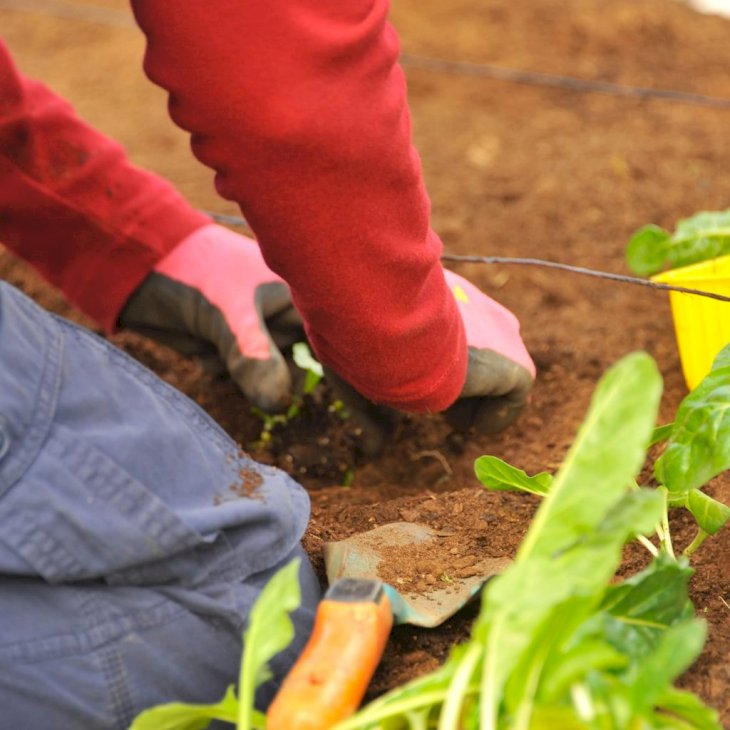
Photo by Ngobeni Communications on Unsplash
Do you want to plant a vegetable garden? A flower garden? A herb garden? Before getting your hands dirty, consider what you're planting.
For instance, if you choose flowers, decide whether you want flowers that bloom annually or flowers with a shorter bloom time. For those wanting to have fresh veggies from the garden, consider which vegetables you and your family like.
Prepare The Ground And Soil
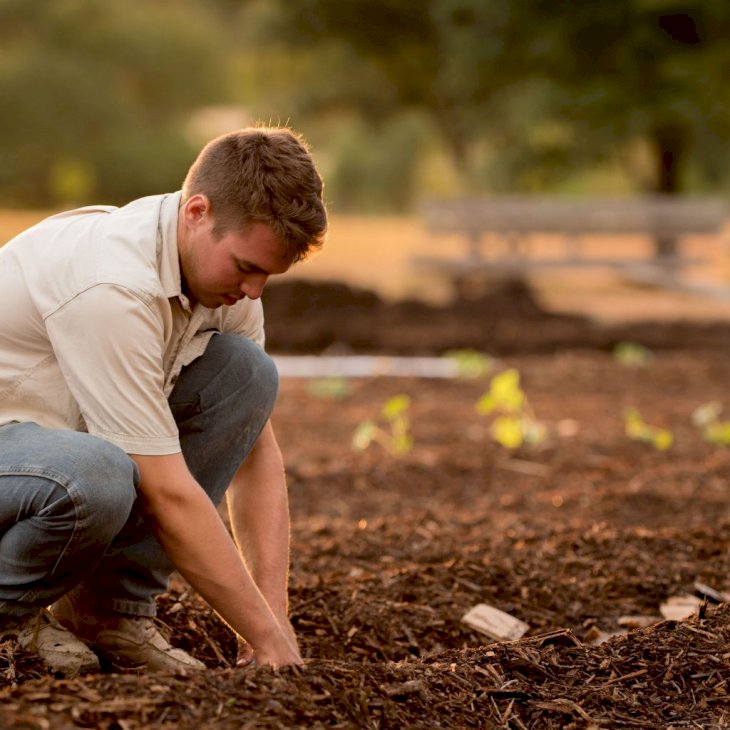
Photo by Jed Owen on Unsplash
Once you chose your garden spot, it's time to get rid of any weed and sod. For quicker results (as it's almost summer), cut it all out. If you're not in a hurry and your garden project is long-term, consider using the lasagna gardening method.
It's Time To Plant
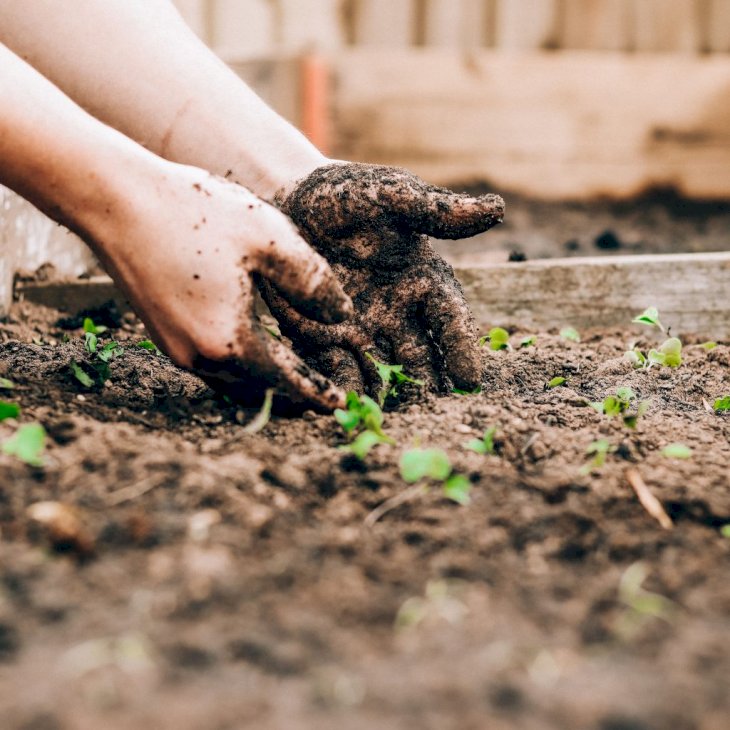
Photo by Sandie Clarke on Unsplash
Prepare your planting beds and dig the soil when it's moist enough. Digging in hard or too wet soil increases the chance of damaging the soil structure. You can dig the ground using your hands or a gardening shovel.
Learn When To Water Them
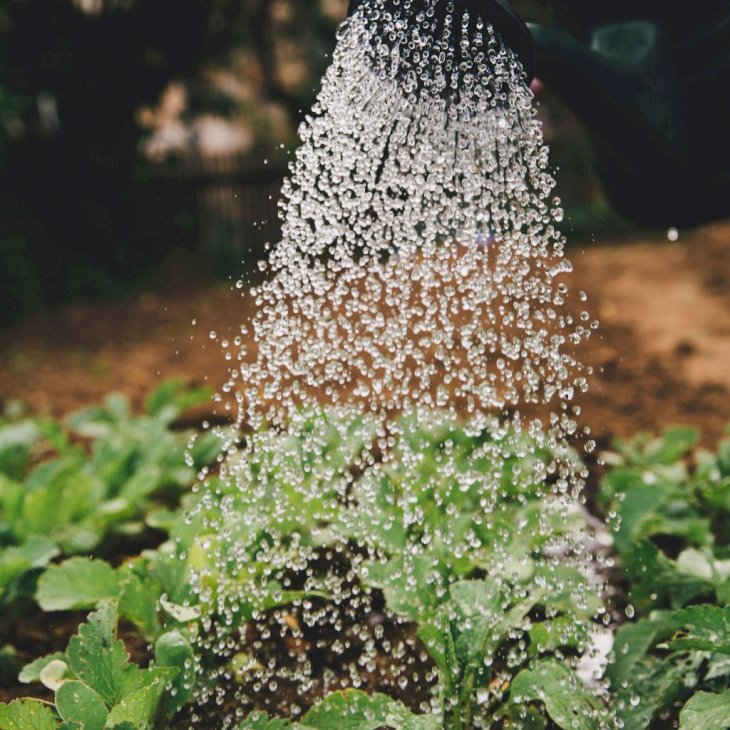
Photo by Markus Spiske on Unsplash
Different gardens have different water needs. For instance, seedlings and transplants need water every day. Then, how often you'll need to water them depends on other factors such as weather, temperature, soil, and so on.
Clay soil dries out more slowly than sandy soil, so you won't need to water it as often. Sunny, warm, and windy weather dries the soil quicker than cloudy and humid weather.
Maintainance Is The Key
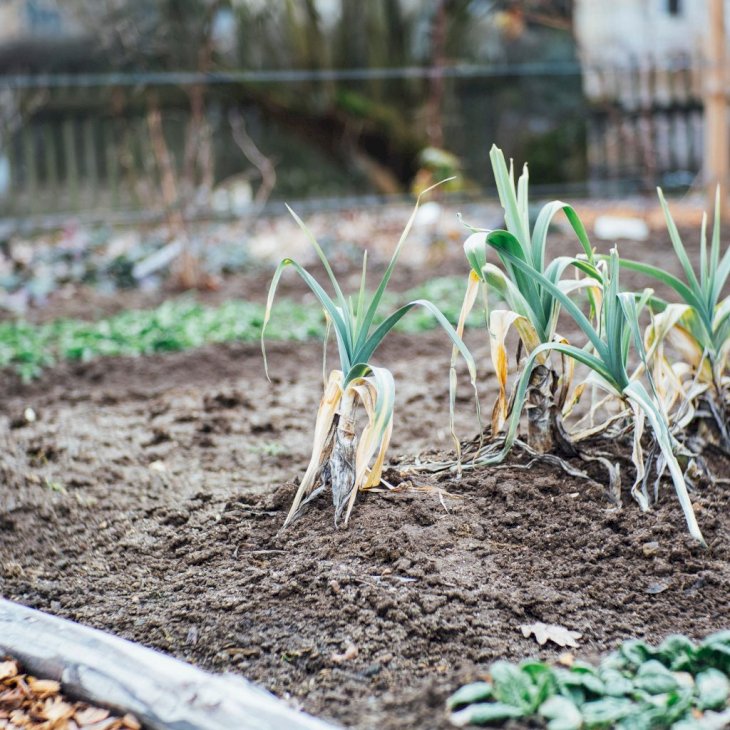
Photo by Markus Spiske on Unsplash
If you want to see your garden at its full potential, give it a little help by keeping up with the gardening chores. It's not enough to plant seeds and wait for them to grow; you need to keep on doing the work — watering the plants when needed, get rid of dying or dead vegetation, spraying insecticidal if you see it's necessary, and so on.